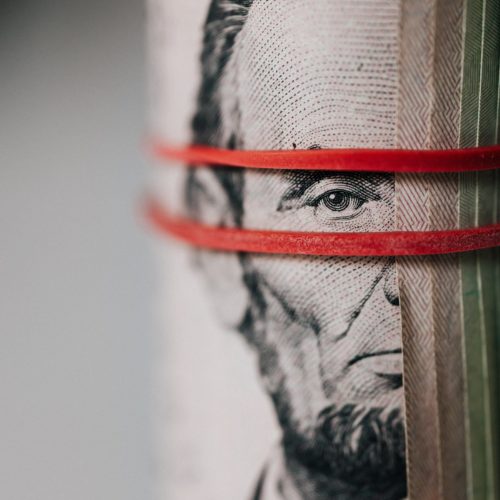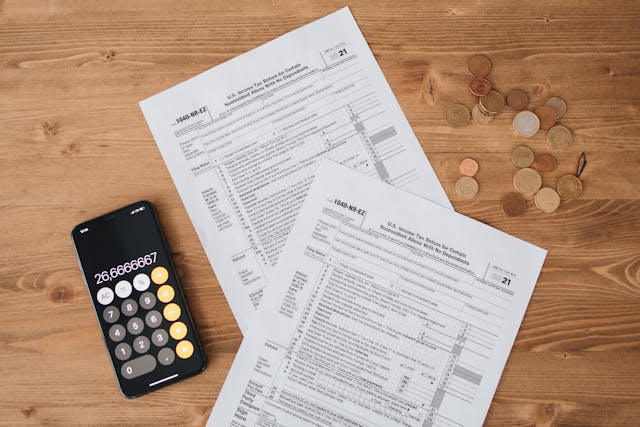
When you are charged with a crime, the judge sets a bail amount. If you pay this amount, you can stay out of prison until your court date. Bail can be set quite high though, which is why some people require bail bonds. A Mercer County criminal defense lawyer can tell you more about how these work and whether or not you can get your money back once your trial concludes.
What Exactly Are Bail Bonds?
Bail bonds are essentially an agreement made by a criminal defendant. They are saying that they will pay this amount of money set by the court, and then they will show up for their trial. A bail bondsman and their company ends up co-signing these bail bonds, telling the court that they will guarantee this payment. To get that guarantee, the defendant needs to pay a small fee.
Generally, the defendant ends up paying around 10% of the total bail amount, plus whatever fees the bail bondsman charges. So if your bail is set at $10,000, paying $1,000 and securing a bail bond can get you out of jail.
Bail bondsmen are not helping you out of the kindness of their hearts. They charge a fee to do business with you, and then they need to see that a defendant has resources that would be able to pay for the entire bail amount. Those resources, whether they are property, jewelry, cars, or stocks, would be kept by the bail bondsman if the defendant does not show up for court as promised. They are returned to you when your trial is over.
How Are the Amounts on Bail Bonds Set?
How much defendants have to spend on bail bonds can vary based on a few factors. The first is how much bail the judge sets for you. Obviously, the higher your bail, the more money you are going to have to put down on a bail bond.
The next factor is how much money the bail bondsman charges. Different businesses can have different fees.
Do I Get Back All of My Bail Money When I Use a Bail Bond?
No, but you do get back whatever collateral you put down to equal 90 percent of your bail amount. As for the 10 percent and the fees you paid the bail bondsman, that is theirs to keep.
What Happens If I Cannot Post Bail?
If you cannot post bail, then you have to stay in jail until your trial date arrives. This is part of the reason why some people think that the current bail system is unfair to those defendants who do not have many resources. In many cases, they are either stuck in prison or stuck paying a bail bondsman’s fees.
Talk to Our Legal Team
If you are facing any criminal charges, you should have an experienced defense attorney on your side. Contact the Law Office of Douglas Herring today and schedule a consultation. We can tell you more about how our legal team can be of assistance.

